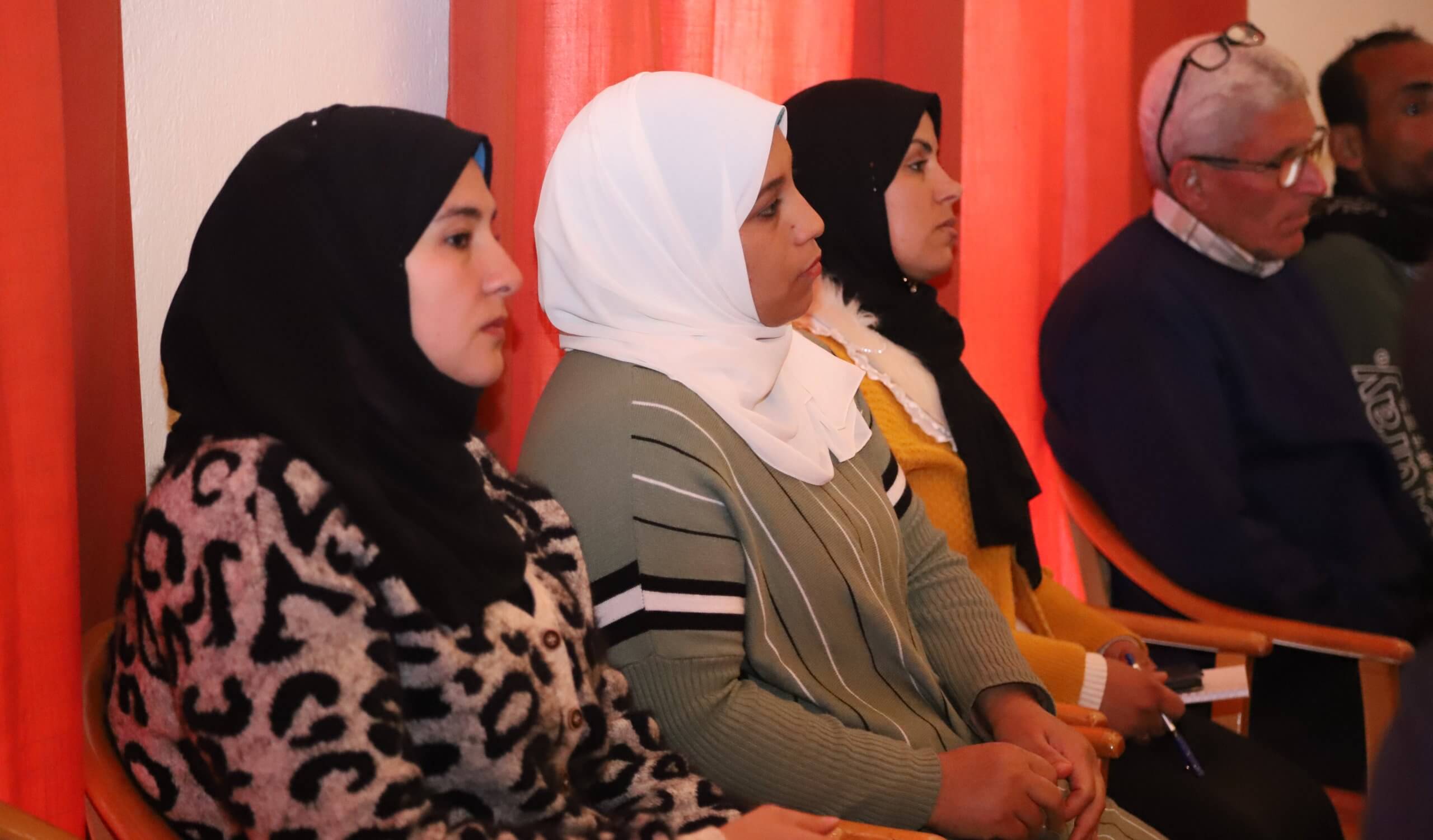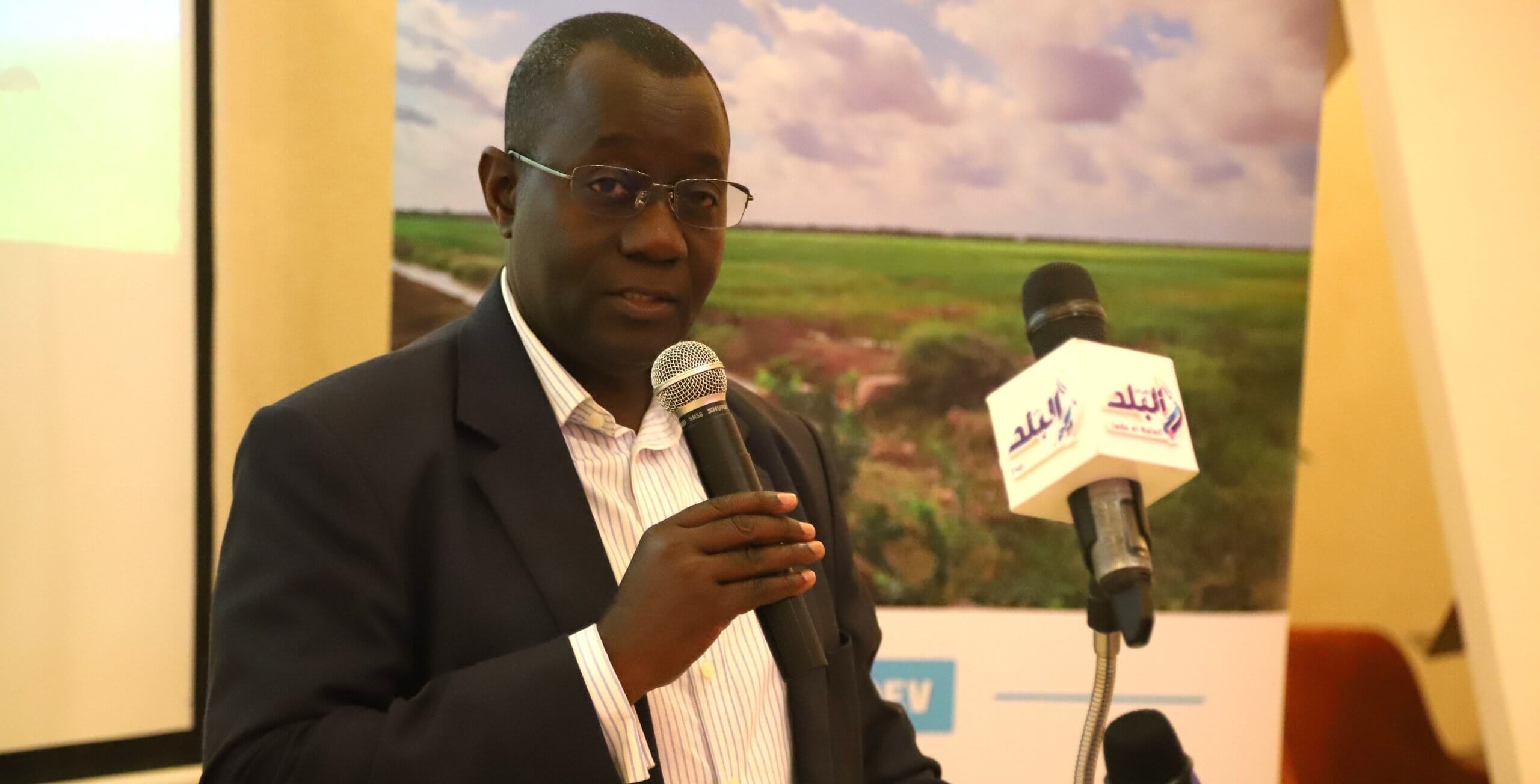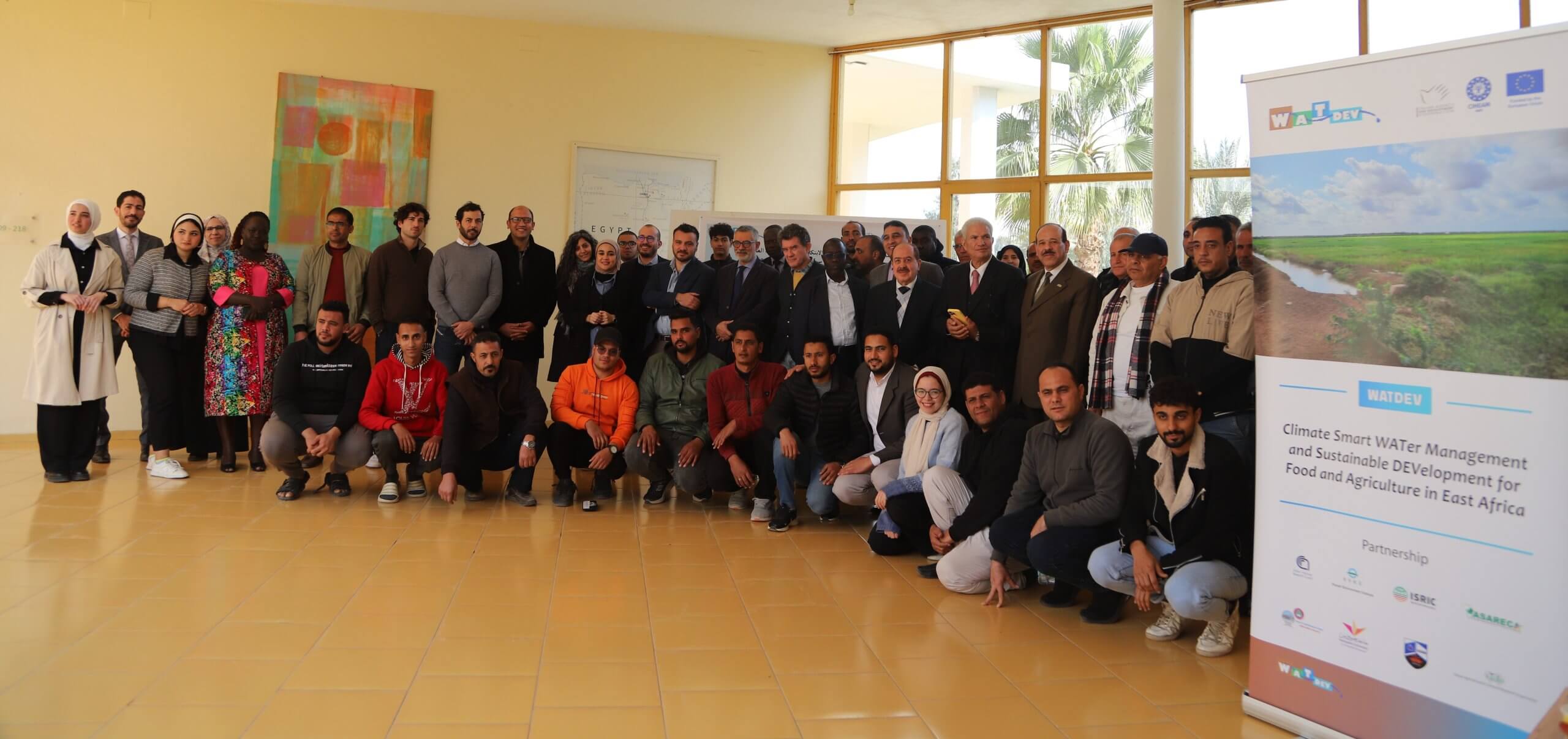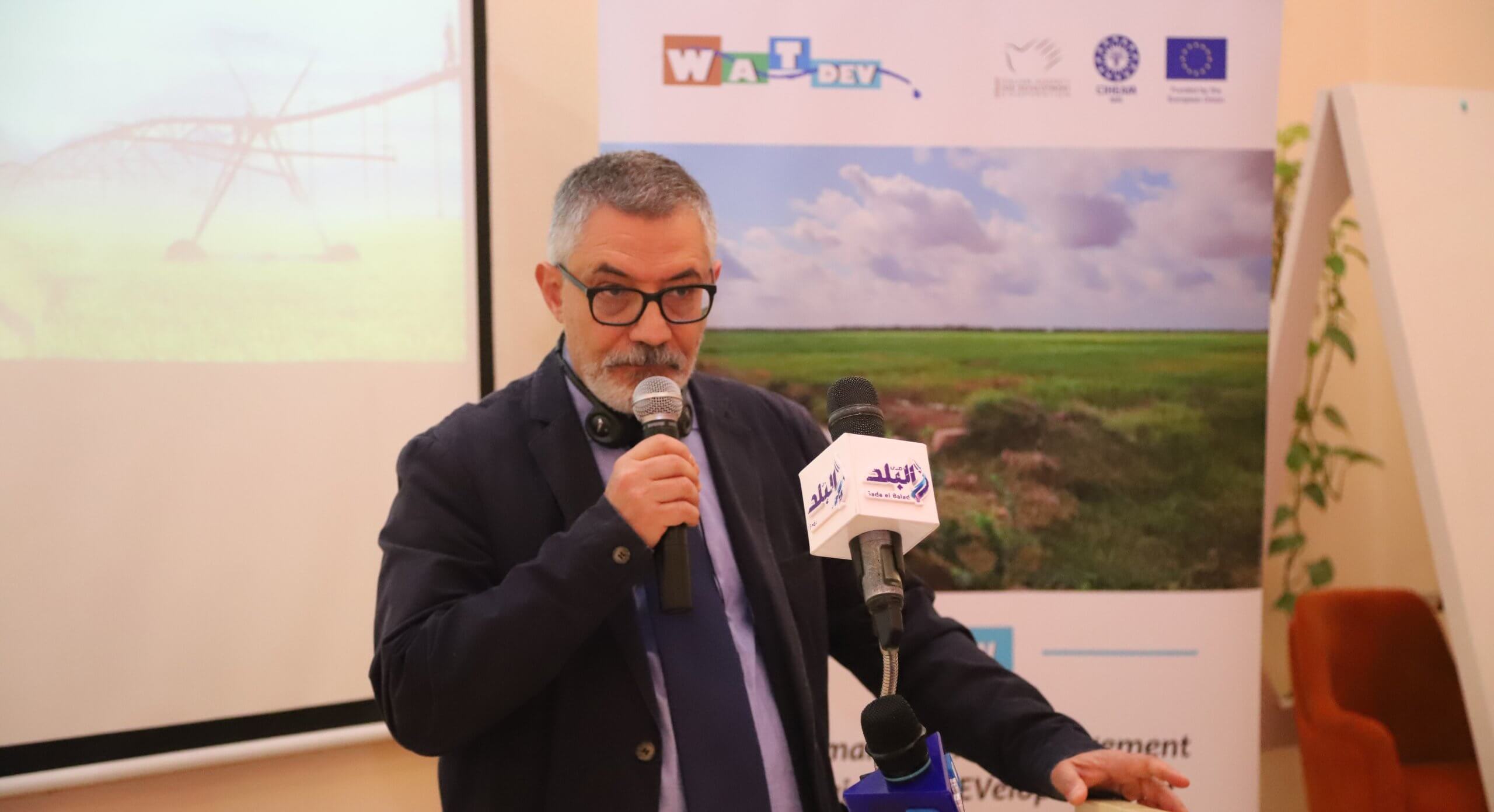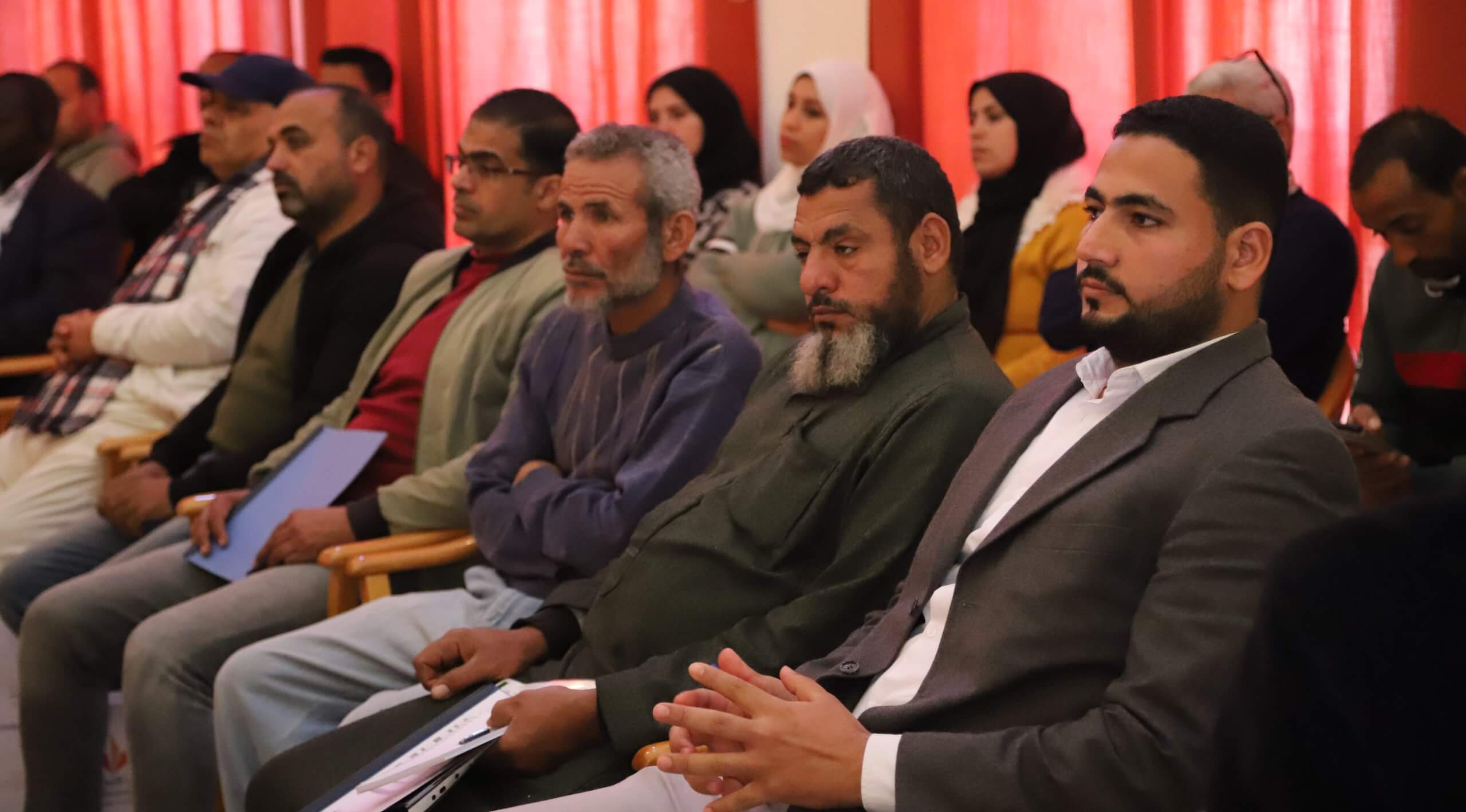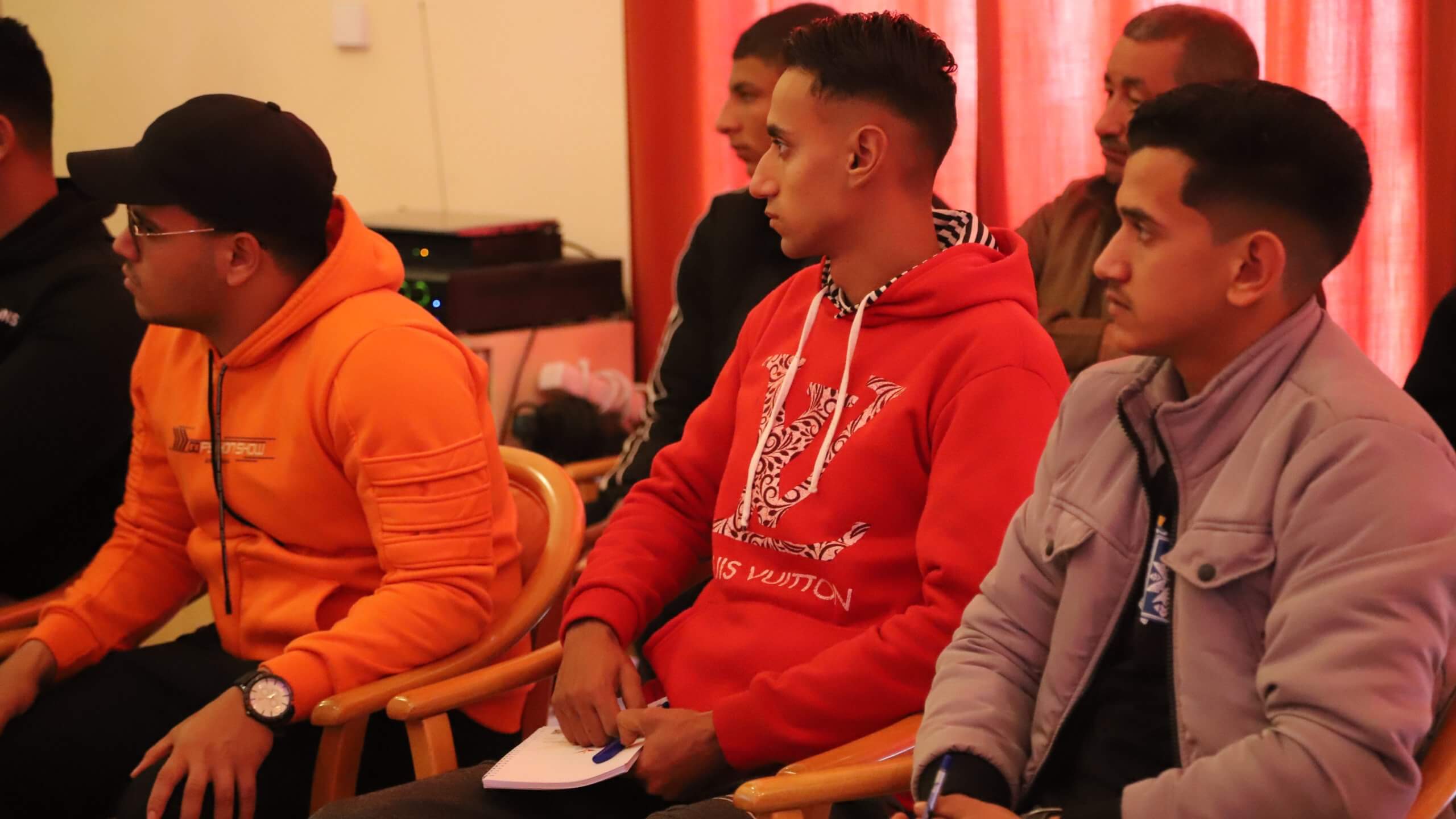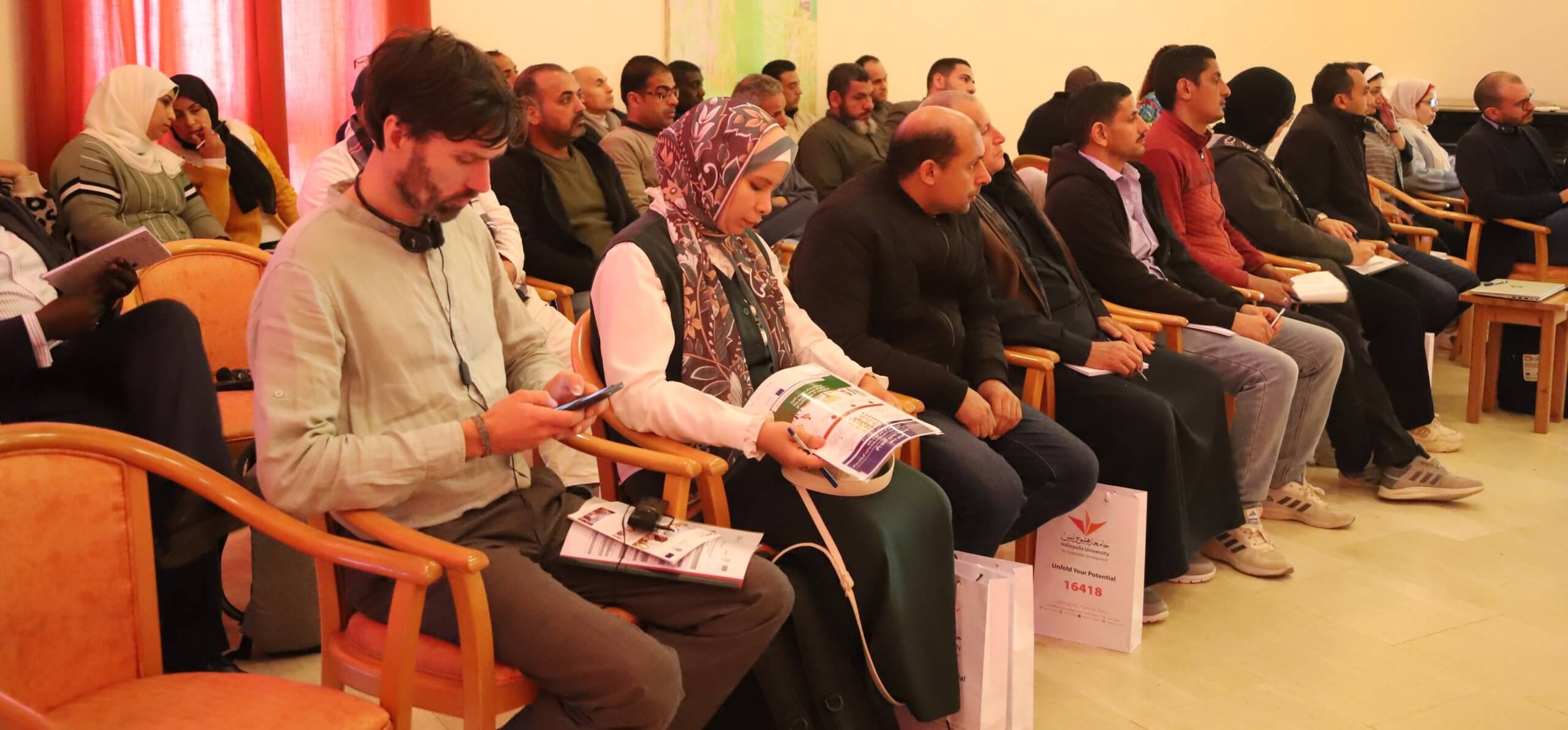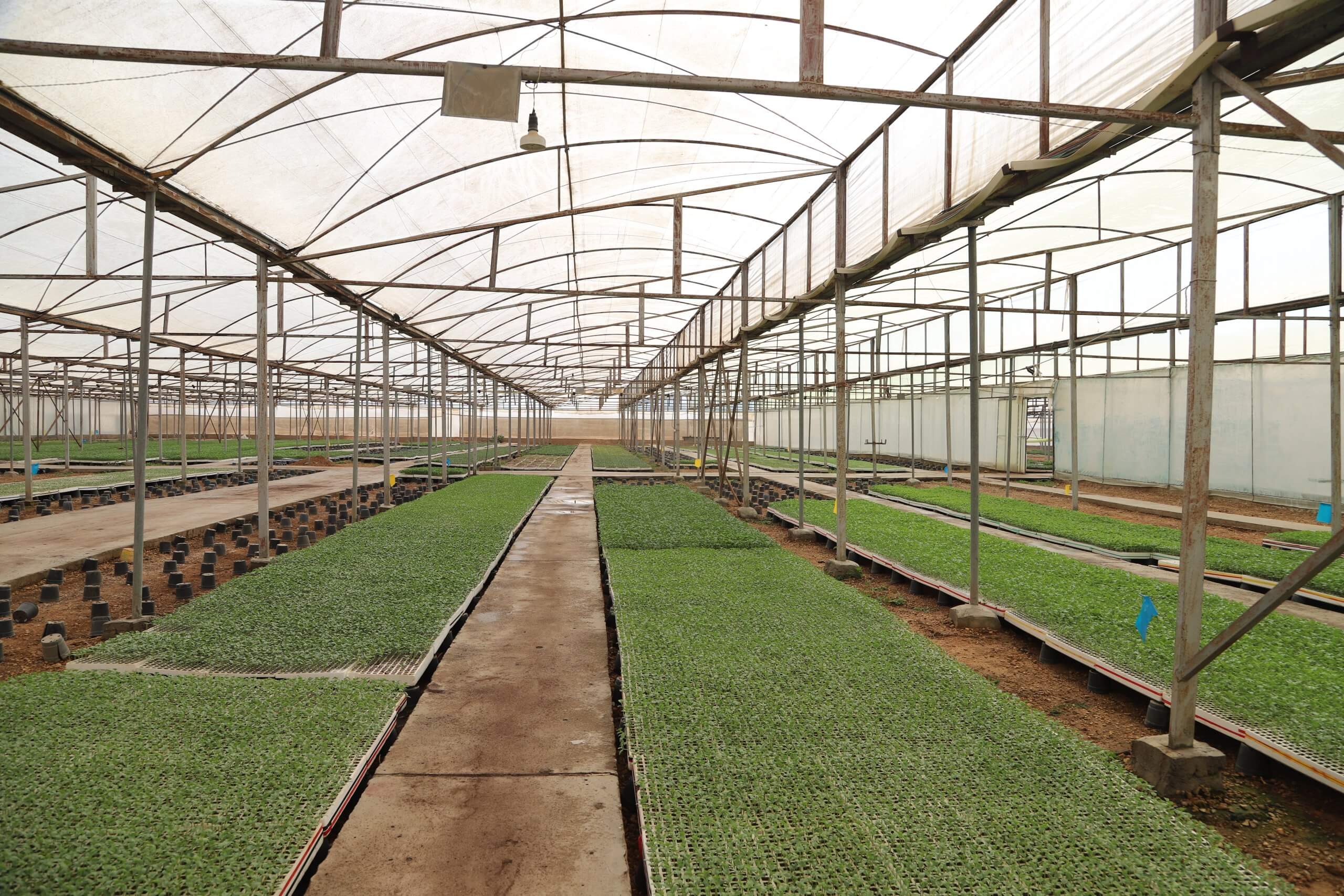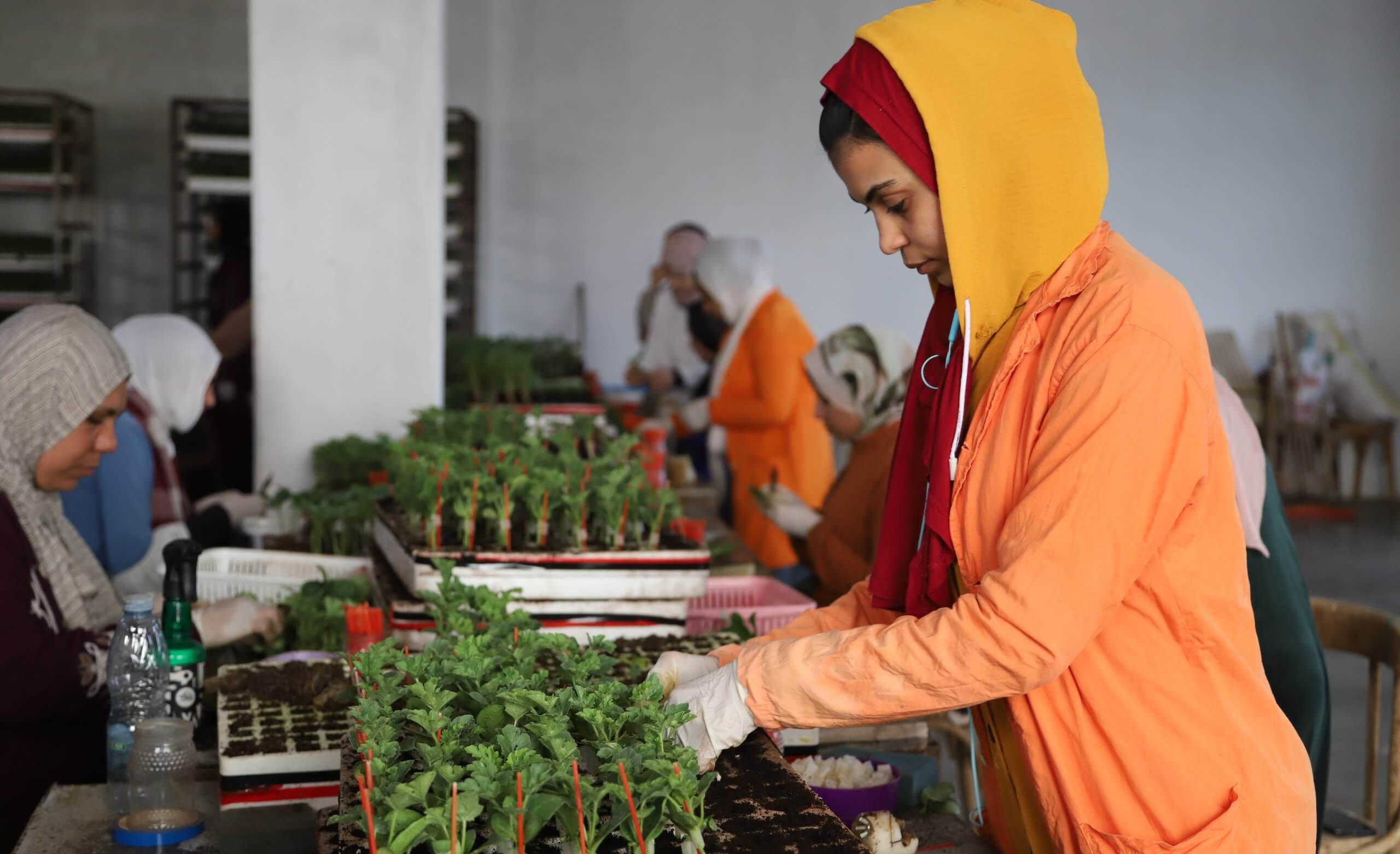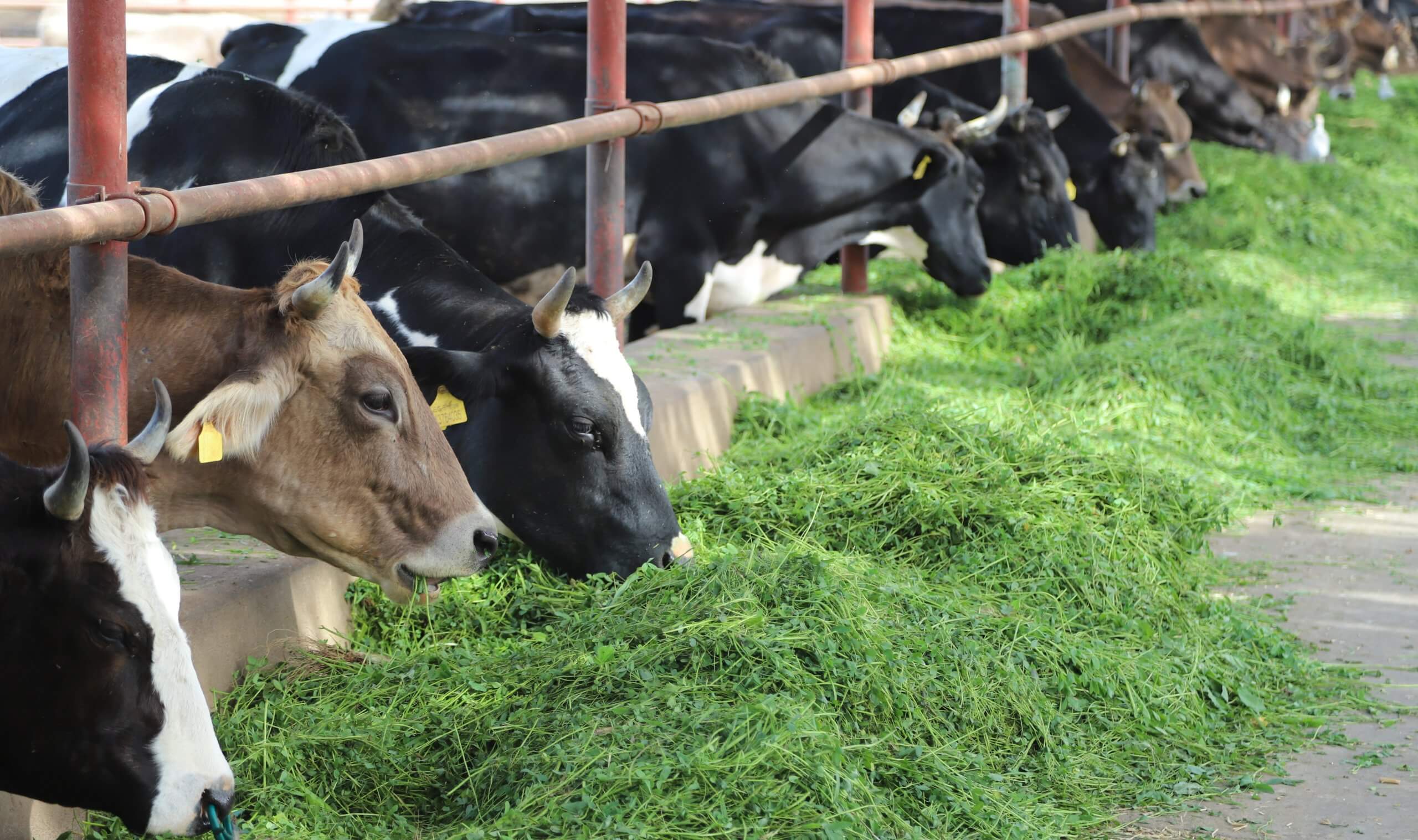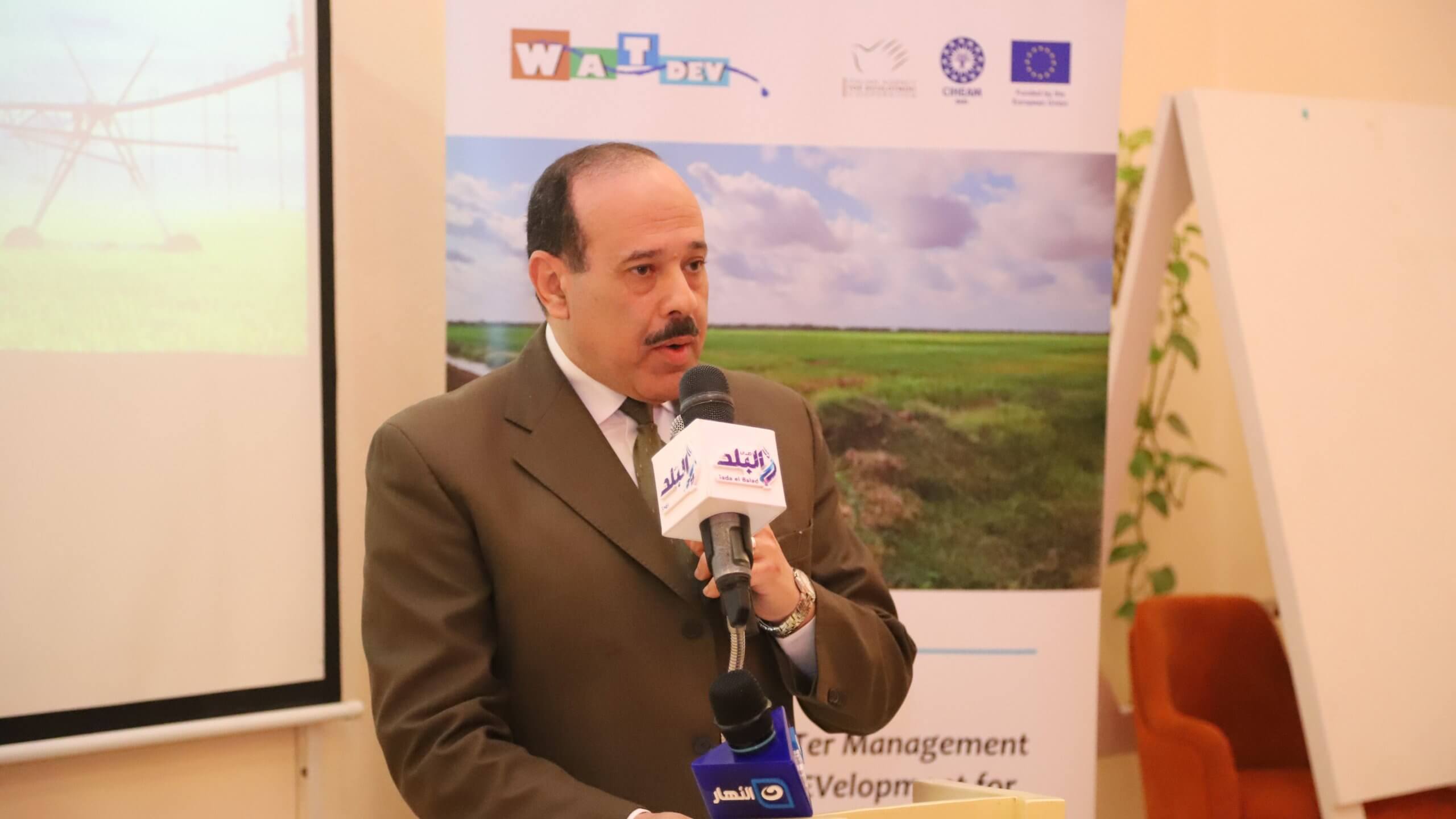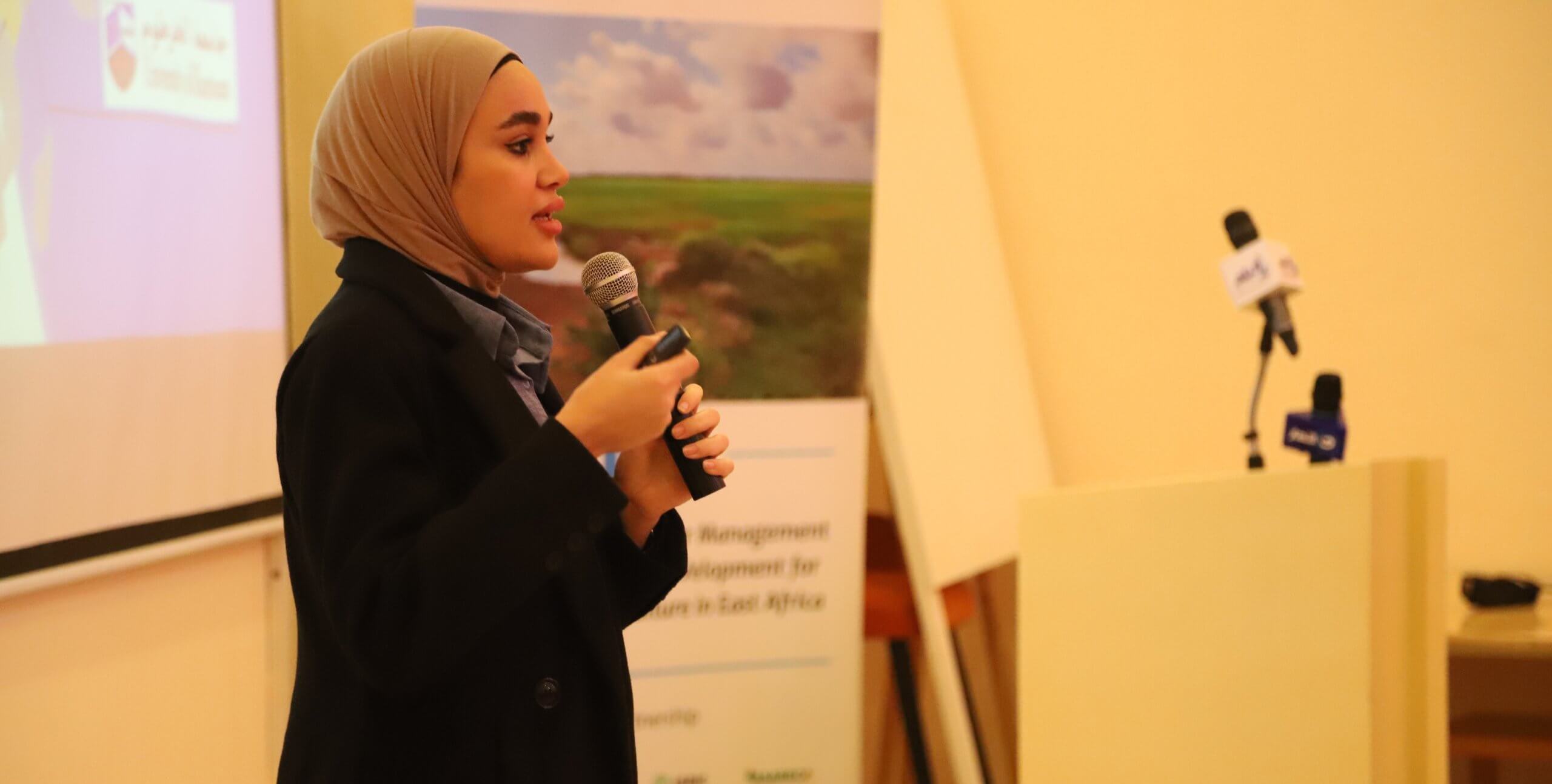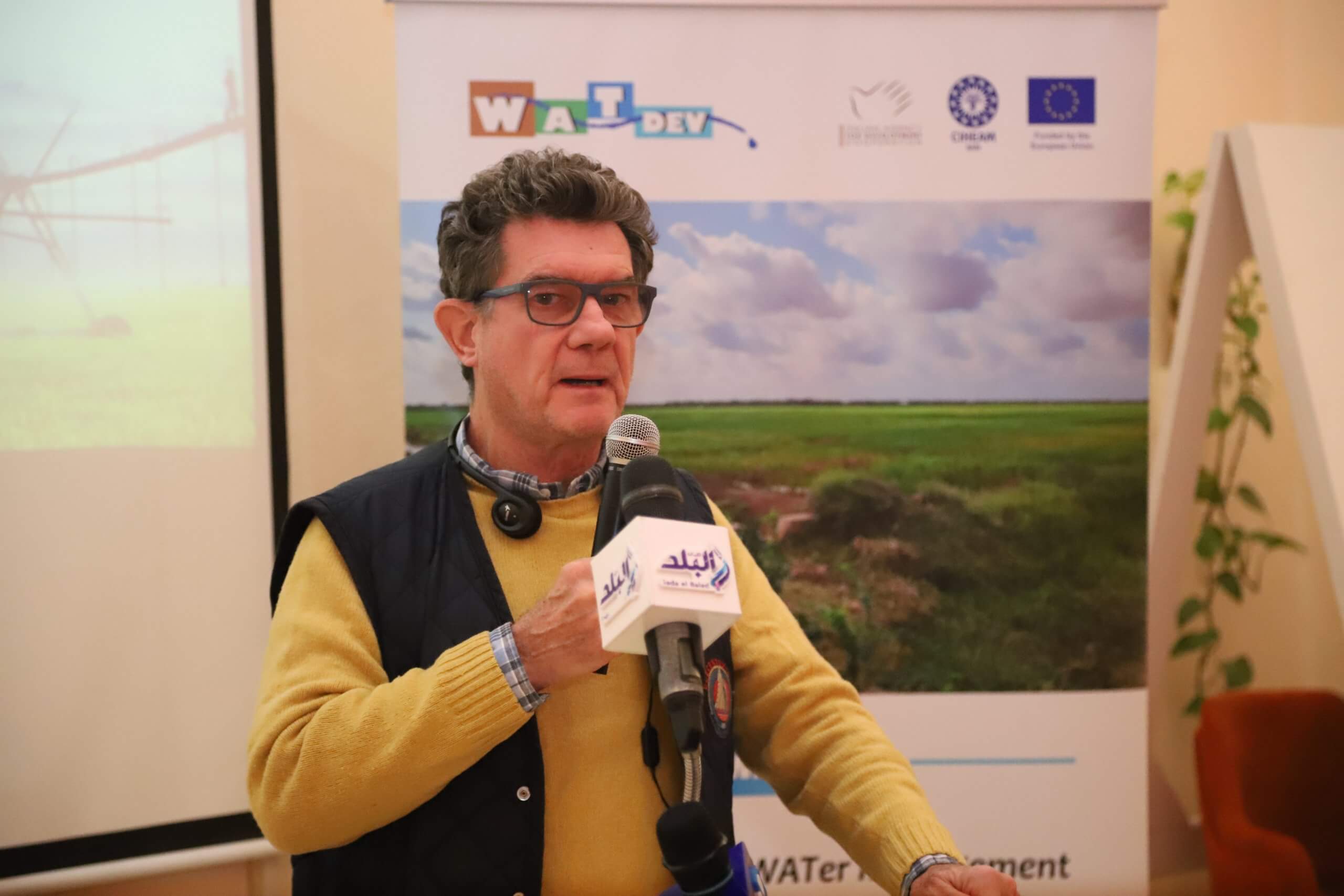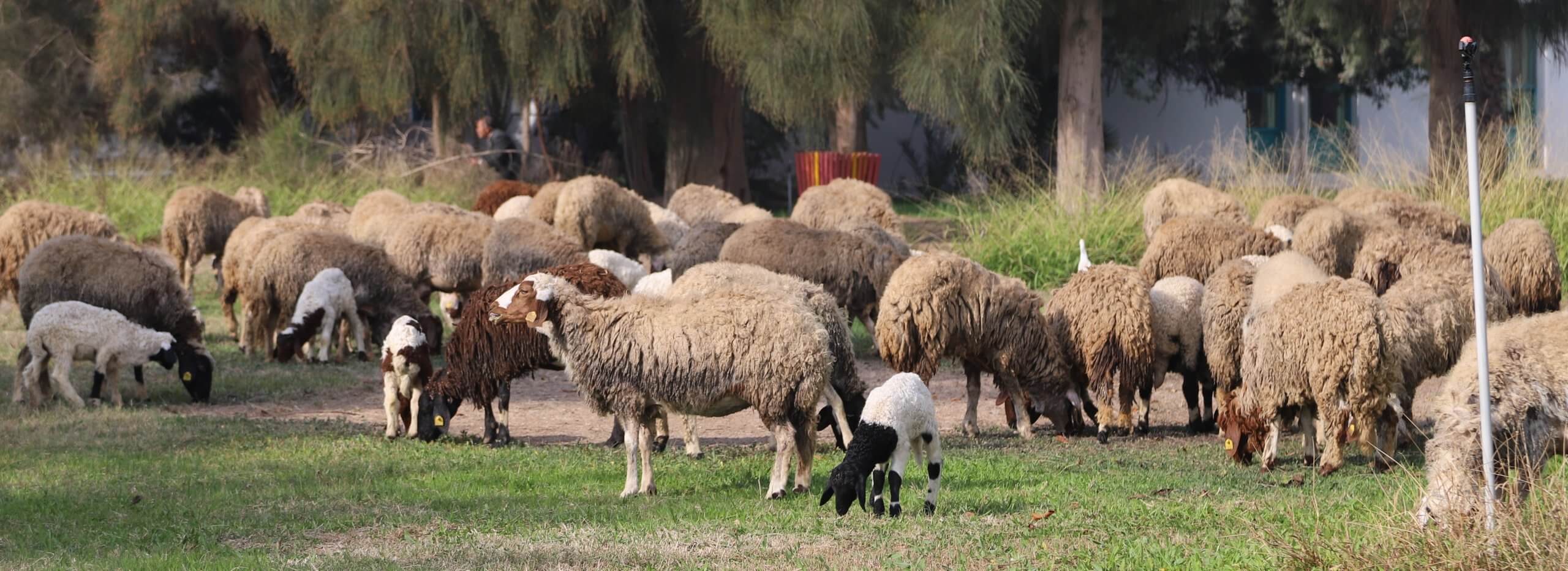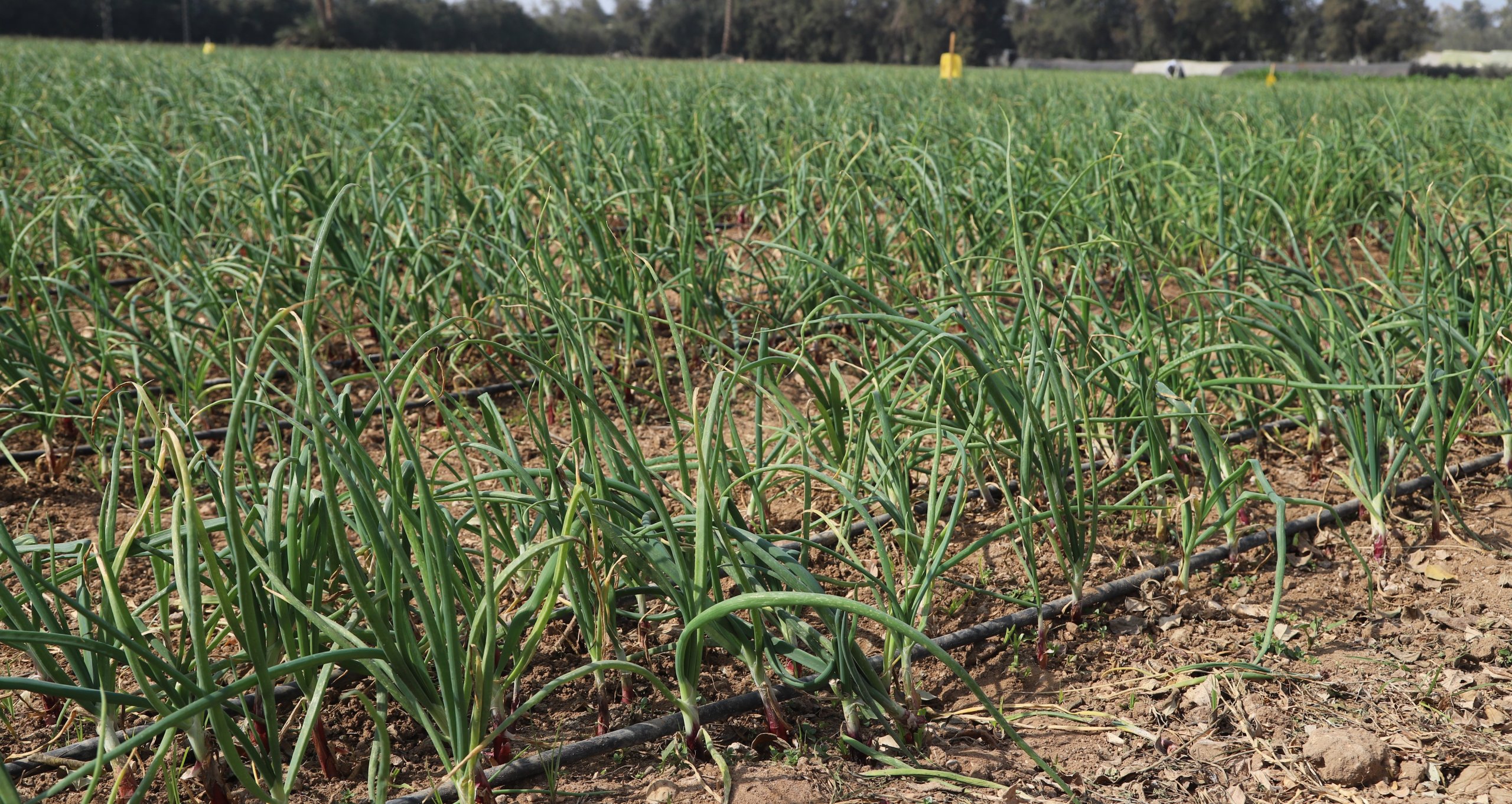ASARECA, CIHEAM Bari, Heliopolis University and AICS engage Egyptian farmers in Agricultural Best Management Practices
BY BEN MOSES ILAKUT
SEKEM FARM, BELBIES, EGYPT: ASARECA, the International Centre for Advanced Mediterranean Agronomic Studies-Institute of Bari (CIHEAM Bari) and the Italian Agency for Development Corporation (AICS) on February 2 and 3rd, 2025 joined Egyptian partners, Heliopolis University for Sustainable Development in Egypt and the Egyptian Ministry of Agriculture in a workshop to sensitize farmers on utilization of proven agricultural soil and water management practices.
According to ASARECA Acting Head of Programmes, Moses Odeke, the two-day-workshop was meant to disseminate knowledge and skills about Best Management Practices (BMPs), and innovations that Egyptian Trainers of Trainers (ToTs) acquired during the first and second training ToTs held in Italy in 2024 to facilitate participatory identification and selection of suitable scenarios for scaling the BMPs and innovations in Egypt, Kenya, Ethiopia and Sudan.
Keen women farmers and influences participate at the training in Sekem Farm, Egypt
The specific objectives of the workshop were to: enhance knowledge and skills in sustainable agriculture practices; undertake participatory selection of scenarios for out scaling the BMPs and innovations; gather stakeholder’s perceptions about BMPs implementation scenarios; promote innovation through collaboration; and create a platform for networking between farmers and other stakeholders.
The workshop attracted 53 participants, most of them farmers. During the meeting, selected ToTs led and stimulated discussions on progress in the implementation of the three Best Management Practices (BMPs) selected for Egypt, which include agroforestry, efficient water management through Water Users Associations and soil management.
ASARECA ED on confronting limitations to soil and water productivity
ASARECA Executive Director, Dr. Sylvester Dickson Baguma was impressed that innovation had turned the desert into a food hub
ASARECA Executive Director, Dr. Sylvester Dickson Baguma noted that water scarcity and land degradation are twin enemies to human survival, which humanity must confront to stay alive. Dr. Baguma pledged to deploy ASARECA’s full potential and expertise in brokering and coordinating effective partnerships among key collaborators the European Union, CIHEAM Bari Italy, Heliopolos University, AICS Italy and Cairo, and the Egyptian farmers. “The Egypt Government and population have shown the true sense of resilience that all African countries faced with water scarcity and variable rainfall ought to emulate,” Dr. Buguma recommended. “The African Governments and private sector should emulate the example of Sekem farm which has turned a desert into a green haven and food production hub using water management as an entry point for agroecological farming thereby creating a healthy living environment.”
Dr. Baguma thanked the farmers for embracing Best Management Practices; the European Union and AICS for providing funding to the project; and partners, Heliopolis University, KALRO—Kenya, Water Resources Centre—Ethiopia and the Water Resources Centre, Sudan, for implementing the project successfully
Local, regional and global participants together in promoting agroecological practices
CIHEAM Bari excited about a winning partnership
The International Centre for Advanced Mediterranean Agronomic Studies-Institute of Bari (CIHEAM Bari) was represented by the Project Administrative Lead, Dr. Gaetano Ladisa. In opening remarks Dr. Gaetano, speaking on behalf of the Director CIHEAM Bari, Dr. Maurizio Raeli, Vice Director Biago Di Terlizzi, and the DeSIRA Programme Coordinator at CHEAM, Dr. Claudi Bogliotti said: The WATDEV project is a bridge between the local communities and national, regional, and global partners in Ethiopia, Uganda, Kenya, Sudan, Italy and the entire Europe.
Project Administrative Lead, Dr. Gaetano Ladisa is upbeat of the development trajectory the water and soil management approach is taking
Improving resilience of local communities
Dr. He extolled the partnership between ASARECA, Heliopolis University, AICs Cairo and Sekem farm and private institutions for providing a model environment for understanding Best Management Practices and Innovations as well as involving entrepreneurs and private companies in implementing the provision of knowledge, skills and technologies to promote sustainable practices in agriculture and water management in the local communities. “By adopting a multi-actor, multi-scale participatory approach, the project is improving the resilience of local communities to climate change through innovative research, modelling and capacity-building approaches as well as integrating ongoing modern research with traditional or indigenous knowledge,” Dr. Gaetano said.
Attentive elite farmers at the training. They pledged to disseminate best management practices to peer farmers, who were not in the workshop
He noted that water management is not only about monitoring water distribution, but also ensuring community awareness and sensitisation, engendering water management and changing the total mindset towards water and sustainability. “The connection between the farmer and awareness of innovation is embedded in the creation of a governance system, “Dr. Gaetano noted. “Through our engagement with farmers, we harness their capabilities to the best extent we possibly can and clarify the farmer’s needs to researchers who are then able to make technical inputs to maximise the development aspirations of the project.”
Dr. Gaetano noted that the WATDEV project activities are in line with the CIHEAM philosophy of linking together farmers, researchers and decision makers, in the recognition of the dignity, roles and responsibilities of each one.
The use of scientific approaches leading to productivity increase and profitability has attracted youth to agriculture
Regular engagement of farmers for integration
It is hoped that such regular engagement with the last mile beneficiaries—the farmers—enables them integrate acquired knowledge and competencies with their traditional knowledge as well as offer technical partners the opportunity to carry out a participatory feasibility and sustainability analysis for Best Management Practices. Through the workshop, stakeholders involved in implementing the Best Management Practices and Innovations, inquired into issues of interest regarding agroforestry, intercropping, water use efficiency through water Users Associations and benefits of combinations of Best Management Practices.
Attentive participants, most of them farmers, includining men and women at the workshop at Sekem farm
Farmers tour and learn from Sekem farm
During the workshop, farmers were taken to some of the key associated sections of Sekem farm in Belbies, Egypt where they appreciated the wholistic concept of climate smart agriculture through crop livestock integration practices including use of animal by-products and farm foliage for making manure, crop grafting, irrigation, and a wide range of best cropping practices.
Sekem farm, established at the midst of the Egyptian desert provides a complete sense of Biodynamic farming with animals, crops and soil treated as a single system in a sustainable way. At Sekem farm, a diversity of plants and animals including trees, various plants of different seasonality and different animals like birds, insects and small animals like hedgehogs, lizards and others have been maintained on the farm hence retaining the balance between the flora and fauna with minimum disturbance. The species strengthen each other and contribute to the nutrition of the human being and themselves. Therefore, the cultivation plan takes a crop rotation into account related to the circumstances of each farm.
One of the several crop grafting screen houses at Sekem farm
Women at work in Sekem farm. The farm is a big source of employment for women and youth and overall livelihoods
A cultivation calendar is used to set the correct time for agriculture work. The basic principle of fertilization is the creation of a compost out of plant residues and animal manure from the farm. This mixture is treated with the six Biodynamic compost preparations made from medicinal plants. Additionally, there are two Biodynamic field preparations used when cultivating the fields. The Biodynamic preparations enhance all the bacterial, fungal and mineral processes that are found in the organic farming system, rendering the cycle self-sustaining.
ASARECA supporting farmer-centric models
Completely impressed and converted, Dr. Baguma noted that the WATDEV project deliberately uses regular consultations, sensitisation, and training of farmers as strategic approaches to maximise adoption of Best Management Practices (BMPs). The BMPs include agroforestry, crop rotation, and efficient water management through Water Users Associations. Integrated soil fertility management which incorporates choice of germplasm, improved crop varieties, combined use of inorganic and organic fertiliser, local management options such as weeding, planting in rows, and crop rotation, is a long-term solution to soil health as it breaks the cycle of diseases and pest, improves soil fertility, water holding capacity and crop yields.
The livestock segment is part of an integral soil fertility cycle as cow waste is like goldmine in this farm
Addressing the participants, Dean Faculty of Engineering, Heliopolis University, Dr. Randa Abdelkarem said the farmers under the WATDEV project are esteemed clients of the University. She noted that the university prioritises participatory research into sustainable solutions to challenges in agriculture, especially sustainable water and soil management.
The project lead, Prof. Wael Khairy, Heliopolis University, said the regular exchange of knowledge among farmers, water and agricultural experts is a deliberate project approach to promote the BMPs, refresh water use, farming and soil management practices, thereby maintaining sustainable development.
Project lead, Prof. Wael Khairy, Heliopolis University: Exchange of knowledge among farmers, water and agricultural experts is deliberate
“Traditional farming practices if not complemented with modern practices will not save us from exacerbating effects of climate change. By applying recent innovations such as water use efficiency, establishing and recycling organic fertilizers, we maintain a healthy environment in the process of growing food which is the essence of sustainability,” Dr. Wael said. He assured participants that the University and partners are developing a mobile application—a toolbox which will deepen the use of BMPs.
Likewise, Engineer Salma, Assistant lecturer, Heliopolis University emphasized the role of the WATDEV project in enhancing water-based development. “Our emphasis is a result of scarcity of water to address food requirements,” she noted. “Temperatures have increased due to climate change and desertification and heavily limited agricultural productivity in Egypt. So we are boosting productivity through sustainable land and water management by undertaking participatory research and creating a common understanding, innovating and fostering communication between researchers and farmers.”
Engineer Salma, Assistant lecturer, Heliopolis University: WATDEV project in enhancing water-based development.
The Head of Delegation AICS, Cairo, Dr. Mertino Melli informed participants that AICS accepted the responsibility of overseeing the project in Egypt because of its significant impact to food security. “The interventions on natural resources management, soil fertility and water management are key issues in agriculture, especially in Egypt. Specifically, the BMPs including agroforestry, crop rotation, intercropping, seed system and water management are valuable to agriculture, and have been embraced by the farmers, he said. “The initiative will see all the practices turned into a model system and toolbox which will also be placed in the hands of decision makers to influence the future of Agriculture.
Head of Delegation AICS, Cairo, Dr. Mertino Melli: AICS is responsible of overseeing the project in Egypt due to its impact to food security.
About WATDEV
The Climate Smart Water Management and Sustainable Development for Food and Agriculture in North-East Africa (WATDEV) Project is implemented by CIHEAM-BARI, Italy in collaboration with European partners (SKYKE, CNR and ISRIC), and African partners to promote innovations at the water energy and agriculture nexus to enhance economic development and resilience to climate change in Kenya, Ethiopia, Sudan and Egypt.
In Ethiopia, the Project is implemented in partnership with the Water and Land Resource Centre, Addis Ababa University; in Kenya, it is implemented in collaboration with the Kenya Agriculture and Livestock Research Organization (KALRO) and in Sudan, it is implemented in collaboration with the Water Research Centre. It brings together academia, policy, and private sector to create an environment conducive to agricultural innovation and modern transformation.
Sekem farm manages both livestock and crops by ensuring all principles of a green economy and agroecology
ASARECA’S coordination role
ASARECA is responsible for coordinating the implementation of the project activities in the four African partners, who mainly are part of its wide constituents in the National Agricultural Research Systems (NARS). The project is supported by DG International partnerships (INTPA) of the European Union under the Development of Smart Innovation through Research in Agriculture (DeSIRA) initiative and led by the Italian Agency for Development Corporation (AICS).

